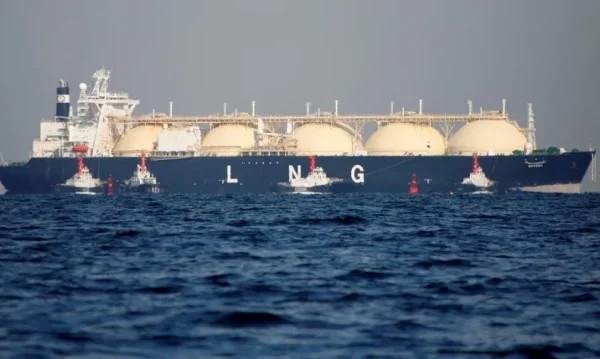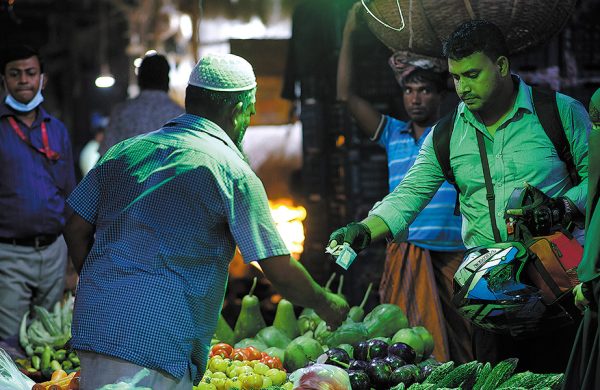Govt to buy 2 more spot LNG cargoes by mid-Aug
- Update Time : Thursday, July 3, 2025

Staff Correspondent:
The government intends to buy two more spot LNG cargoes by mid-August to boost natural gas supplies to industries, power plants and other gas-guzzling consumers.
State-run Rupantarita Prakritik Gas Company Ltd (RPGCL) floated a tender to purchase two spot LNG cargoes for delivery over August 3-4 and August 14-15, a senior RPGCL official told journalist on Thursday.
The bid winners will deliver the LNG cargoes—each totaling 3.36 million MMBtu (million British thermal unit)– to Moheshkhali Island in the Bay of Bengal, with the option to discharge at either of the country’s two floating storage and regasification units located there.
The bid submission deadline is July 7.
The South Asian country is expected to buy more spot LNG cargoes in August as the interim government has targeted to procure six additional cargoes from late May and by August to boost the supply of re-gasified natural gas for industrial use, said the official.
Bangladesh procured five spot LNG cargoes in July. The country purchased six spot LNG cargoes in May—the highest number in a single month to date.
RPGCL, a wholly owned subsidiary of state-run Petrobangla, oversees LNG trading in Bangladesh.
Bangladesh previously awarded Vitol Asia Pte Ltd, a spot LNG cargo tender for the July 28-29 delivery at $13.52 per MMBtu, said the RPGCL official.
Bangladesh currently imports LNG under long-term contracts from QatarEnergy and OQ Trading International, supplementing these with spot purchases. The two operational FSRUs at Moheshkhali have a combined regasification capacity of 1,100 million cubic feet per day (mmcfd).
The country continues to face an acute energy crisis, worsened by declining domestic natural gas production.
As a result, gas rationing remains in effect across power plants, industrial units and other major consumers to balance mounting demand against limited supply.
The country’s overall natural gas output – local gas and imported LNG combined—was around 2,869 mmcfd including 1,024 mmcfd of re-gasified LNG, against the demand for over 4,000 mmcfd, according to official data as on July 3, 2025.


















